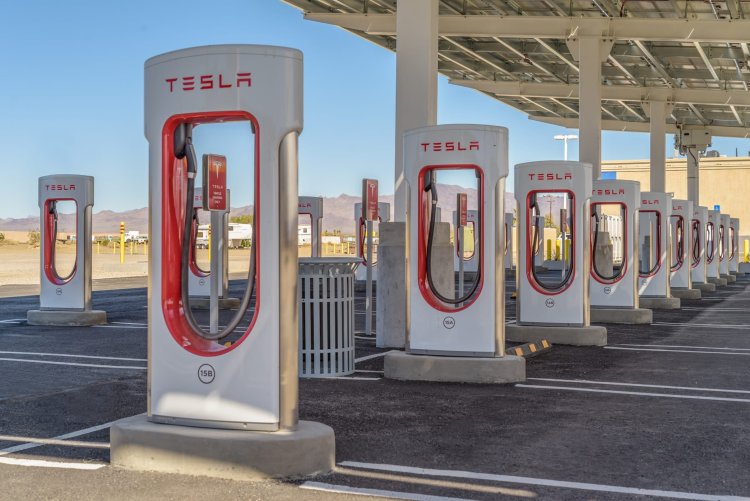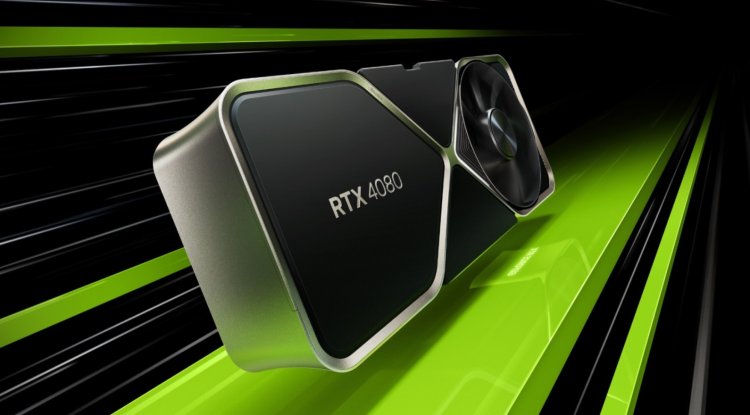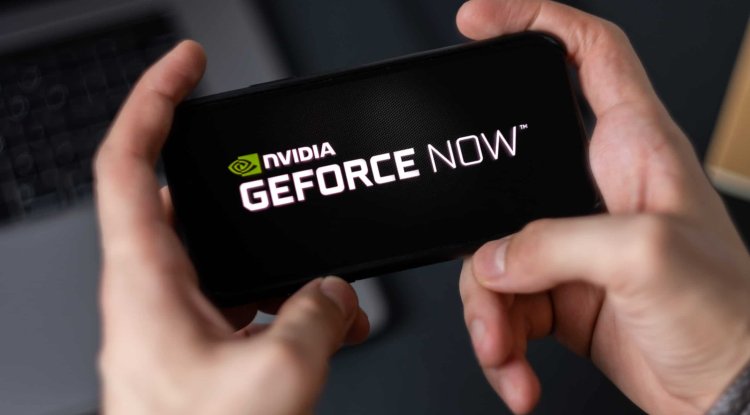Tesla opens its superchargers to other brands

Having its own proprietary network of chargers has been one of Tesla's defining advantages in comparison to its competitors almost since its inception as a firm. And, while the number of them was initially small and limited to certain specific places, the truth is that the company has worked relentlessly to grow significantly and expand its presence to many other terrains.
So much so that, for many customers, the Tesla supercharger network, named for its high-speed charging function (up to 150 kilowatts/hour), together with the security of having a charging station available whenever needed, is one of the primary reasons for selecting the Tesla option over alternative options. Not only that, but some users of competing manufacturers are envious of Tesla's private network.
However, for a few months, this exclusivity began to wane, as Tesla launched a pilot program to accept electric vehicles from other brands into its network of chargers. The experiments began towards the end of last year at select Tesla superchargers in the Netherlands, and a few months later they were expanded to Norway and France as the second step of a plan that the business itself defined as aggressive, implying that the extension would not finish there.
Today, we have proof of this in a tweet released on the company's official account, in which they inform us that a portion of the Tesla supercharger network in Austria, Belgium, Spain, the United Kingdom, and Sweden will be open to electricity from other manufacturers. Tesla requests that individuals interested download its app and create a user account in order to see which network chargers have already been accessible to vehicles of other brands. They will be able to utilize it to look for chargers that allow the usage of third-party vehicles.
The upkeep of existing superchargers and the installation of new charging points are, without a doubt, an extremely costly undertaking economically, and we can believe that these are still far from profitable for Tesla. Opening them up to third parties appears to be a reasonable approach to raise their turnover and, as a result, make them less profitable, if not profitable.
The main concern, of course, is how this will affect Tesla owners who have previously enjoyed such exclusivity. In this regard, the company states that it will constantly monitor the level of use of its network to prevent congestion, which may affect the users of its vehicles, and that the potential new income will allow the company to increase the speed of network expansion, which will also help to avoid the problems of possible supercharger congestion.
It appears to be a wise and prudent move on the part of the company, which is opening its network to other brands following a model more akin to that of Ionity, the network of high-speed chargers created by BMW Group, Daimler AG, Ford Motor Company, and Volkswagen Group, and that it is also open to electricity from other manufacturers, but at a higher recharging cost, as is also the case with the Tesla supercharger network.




























